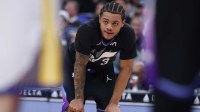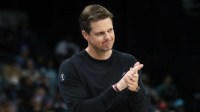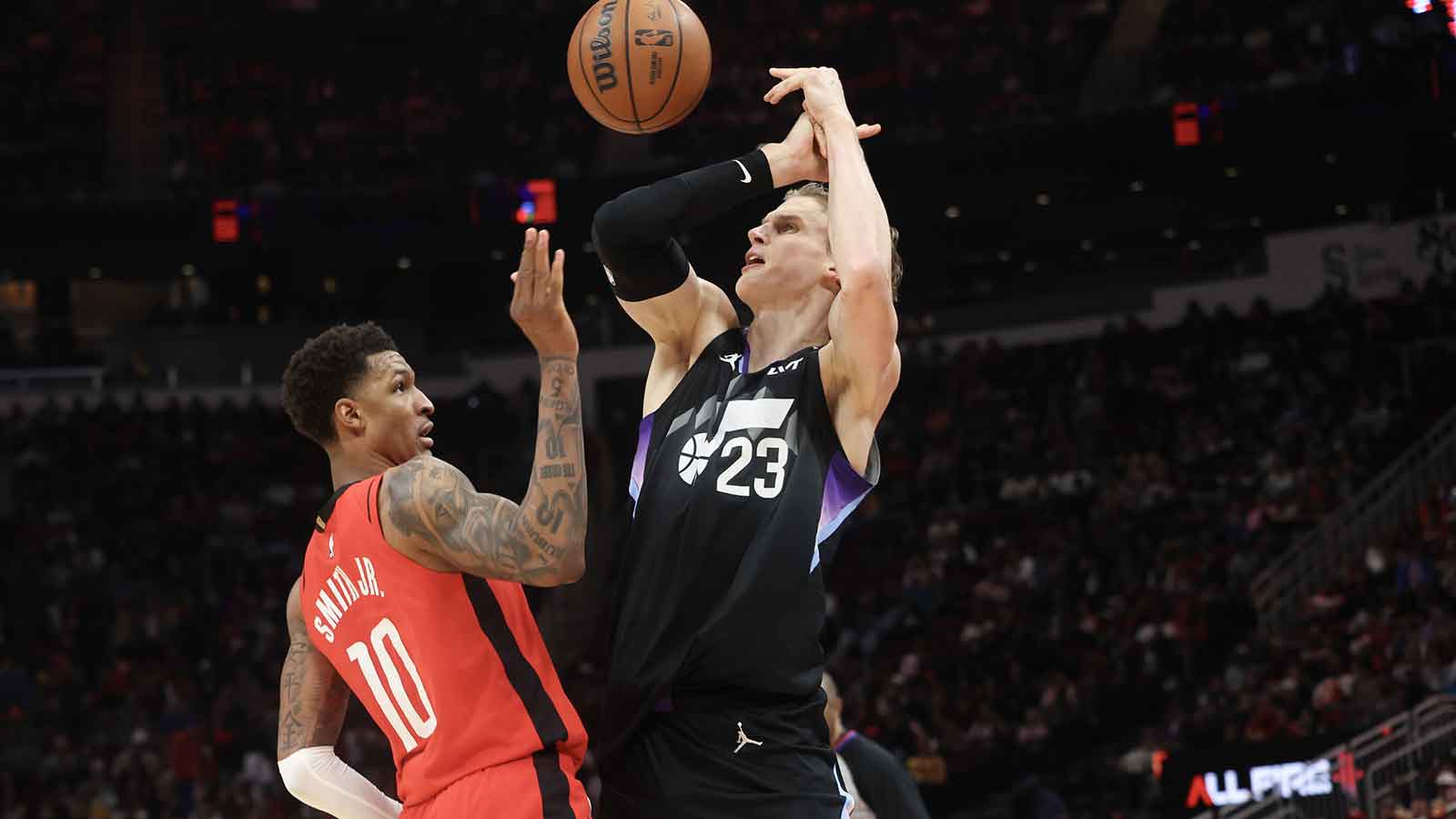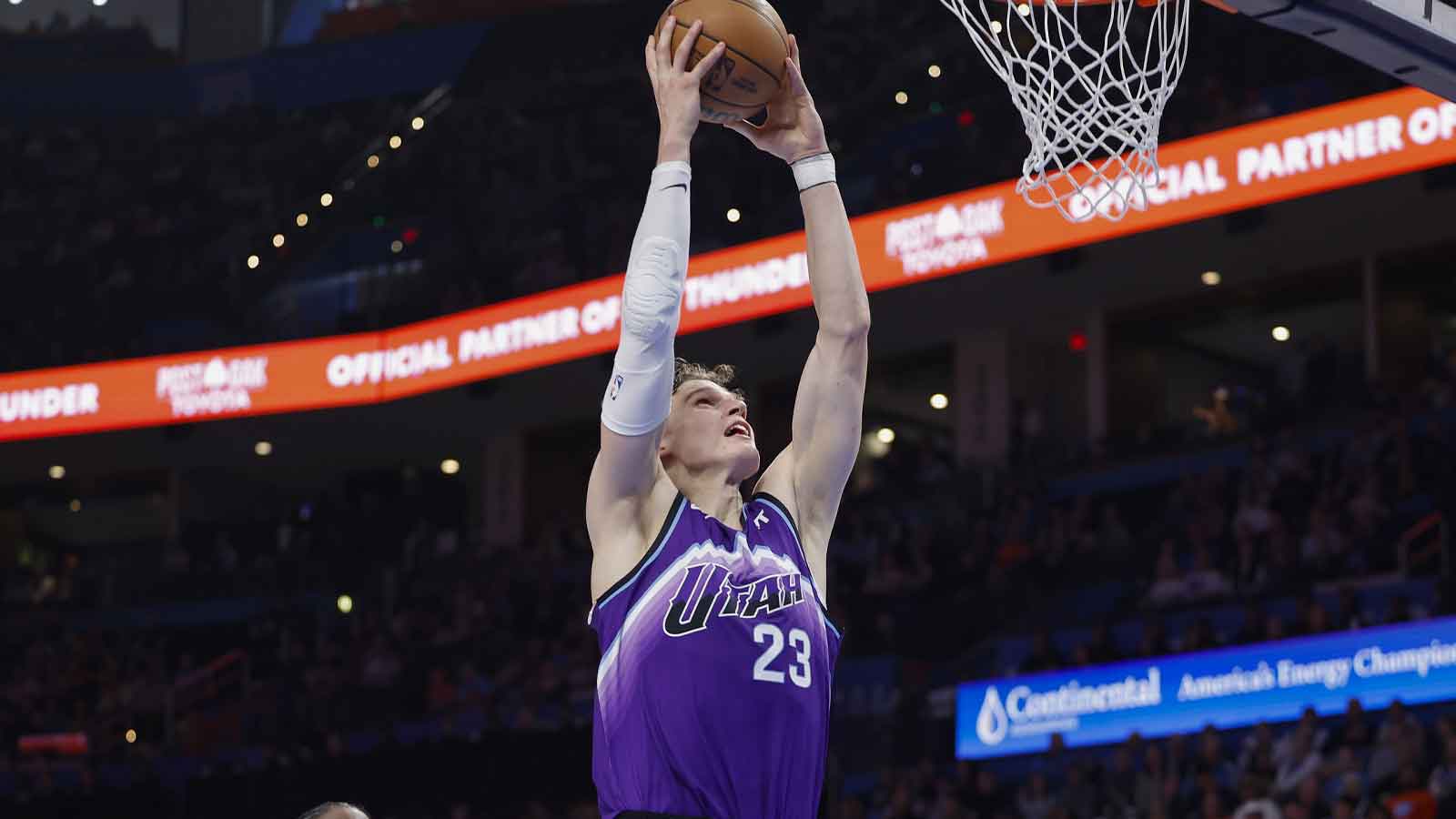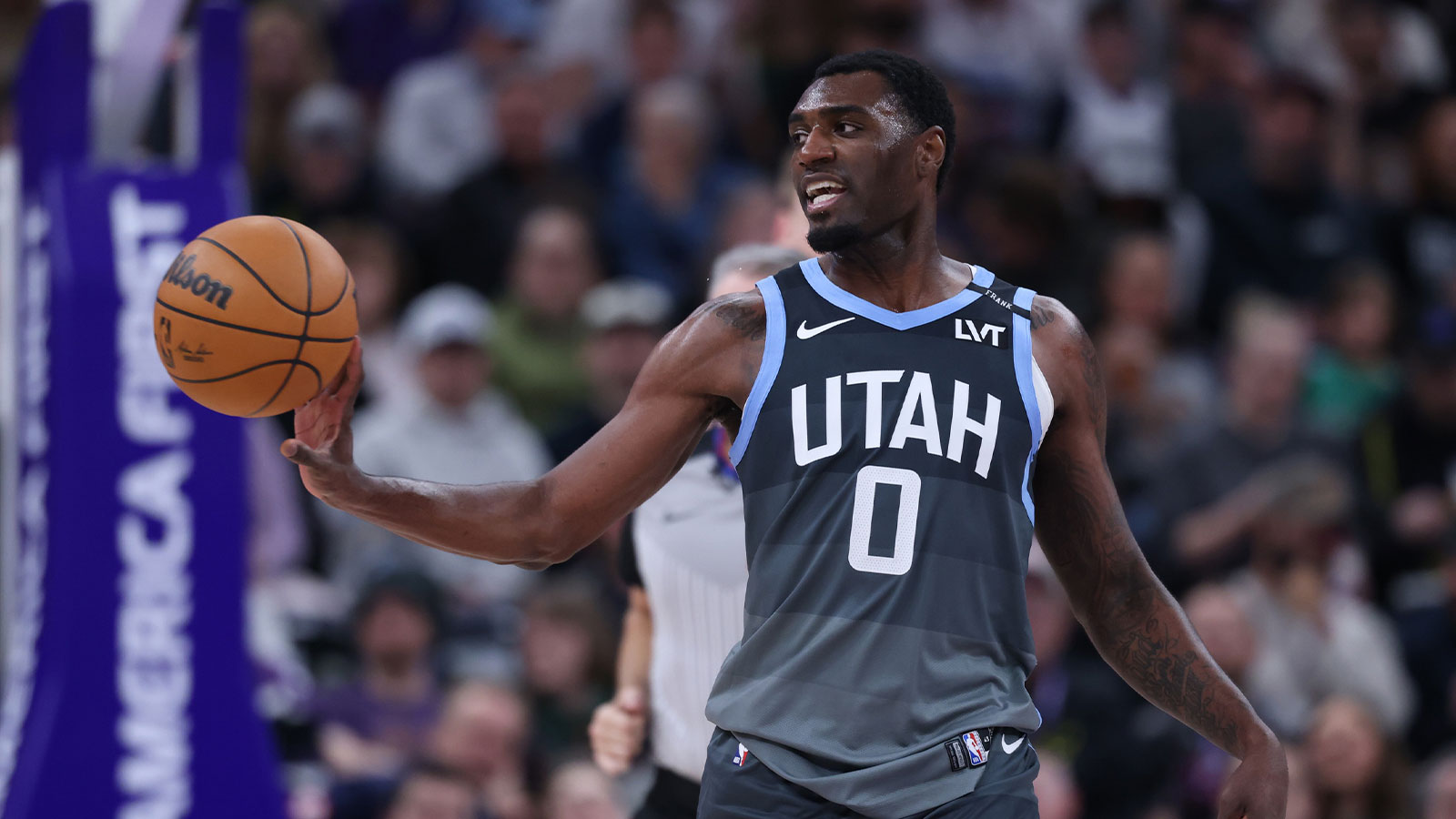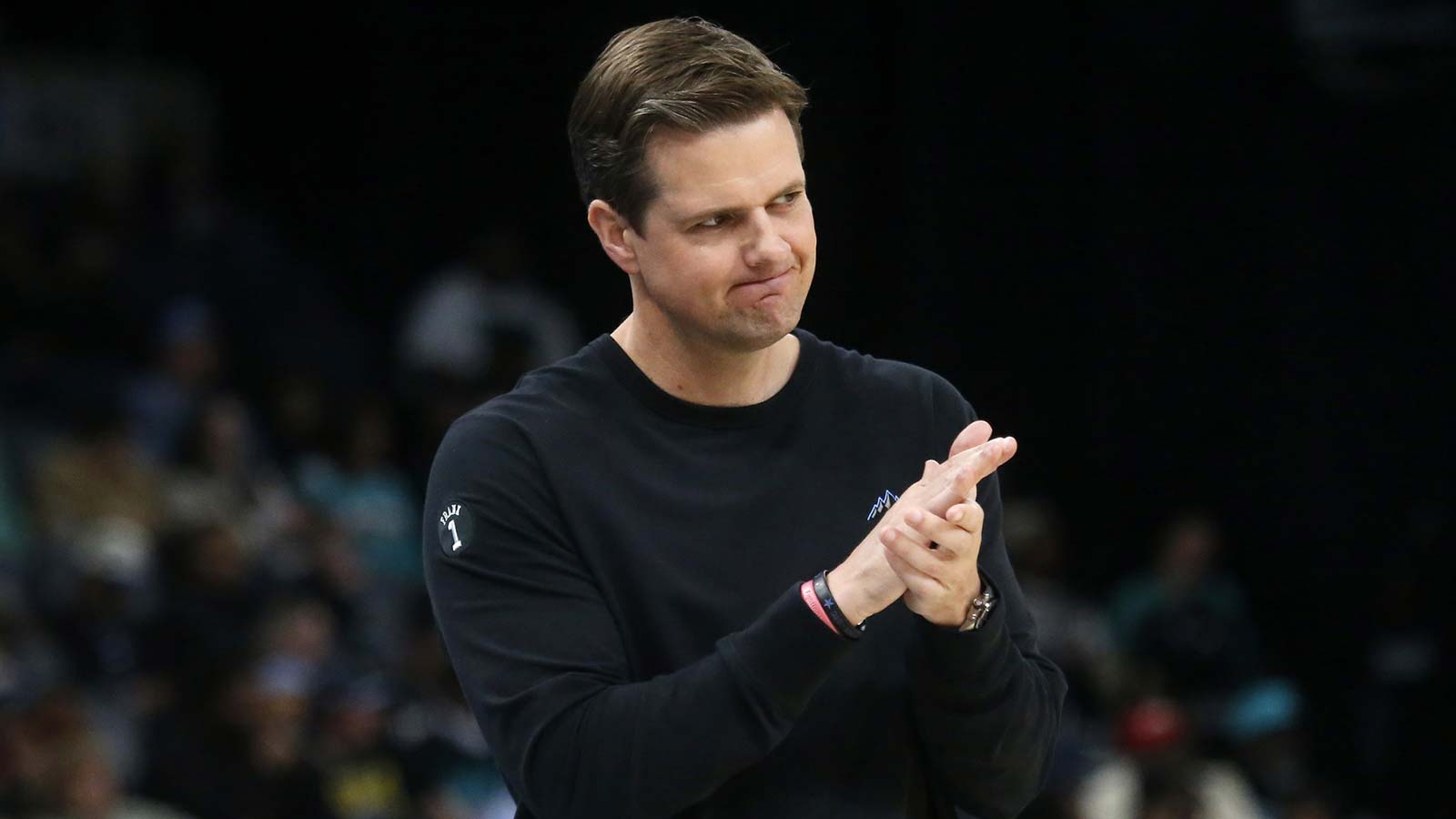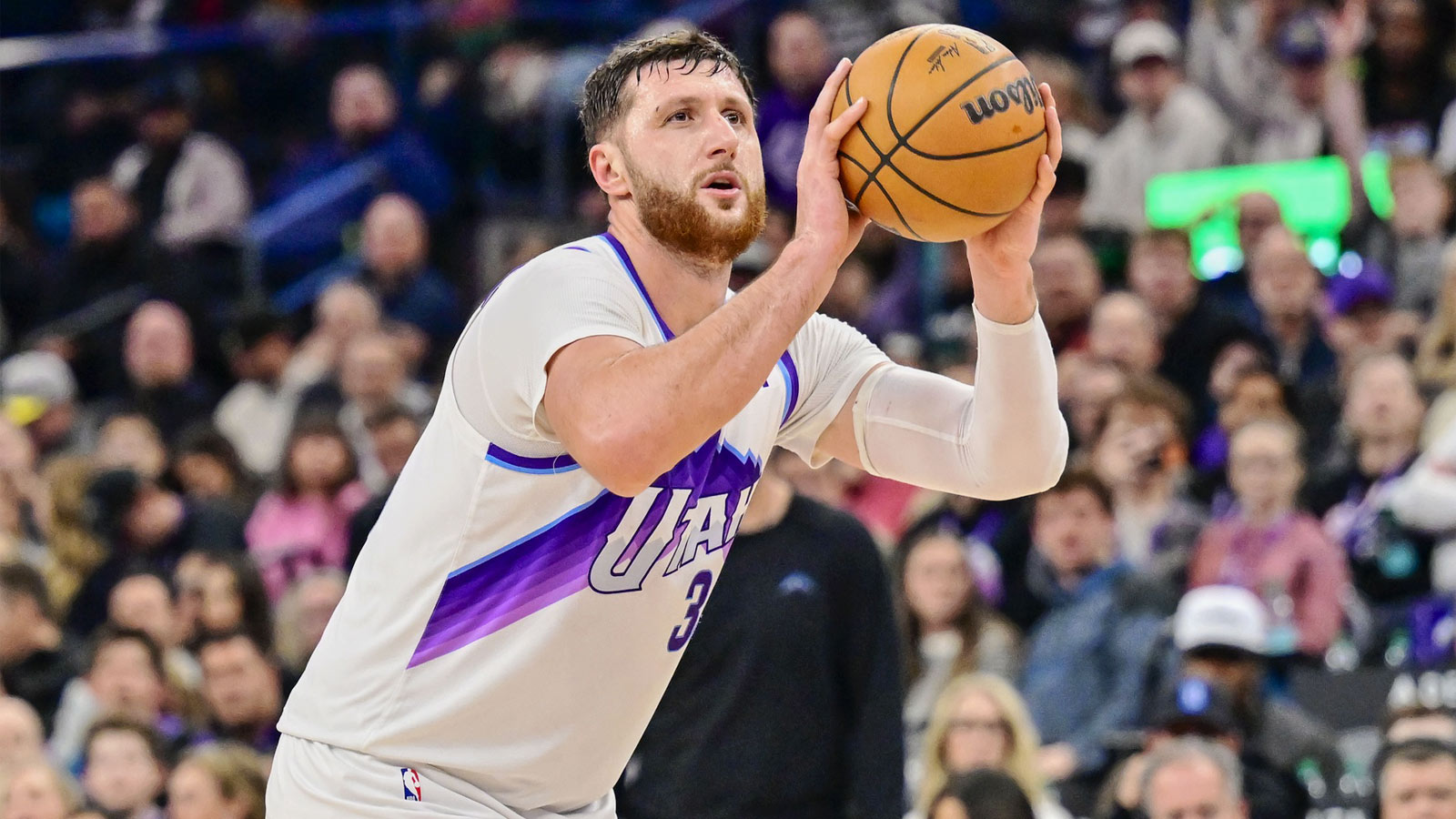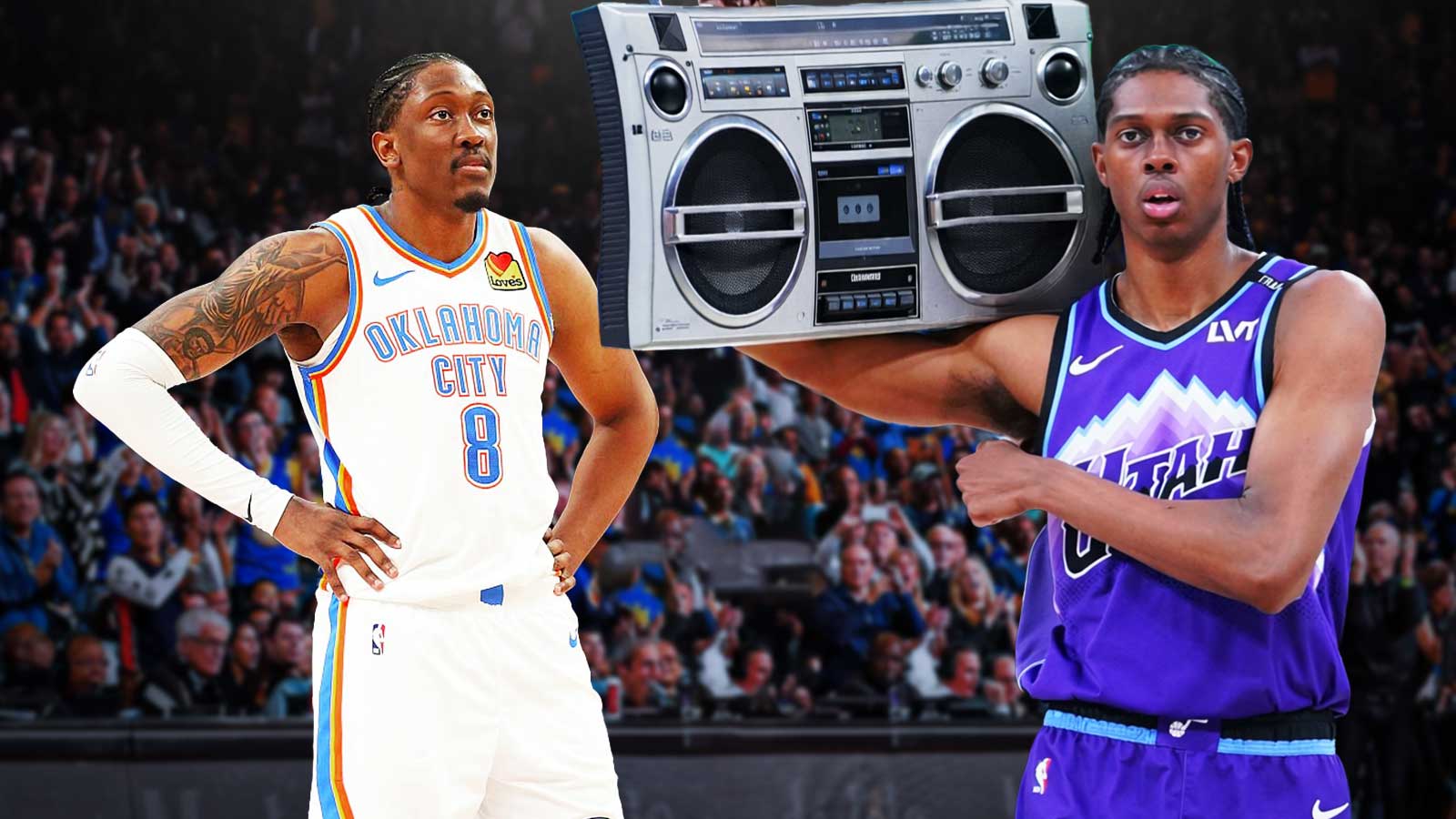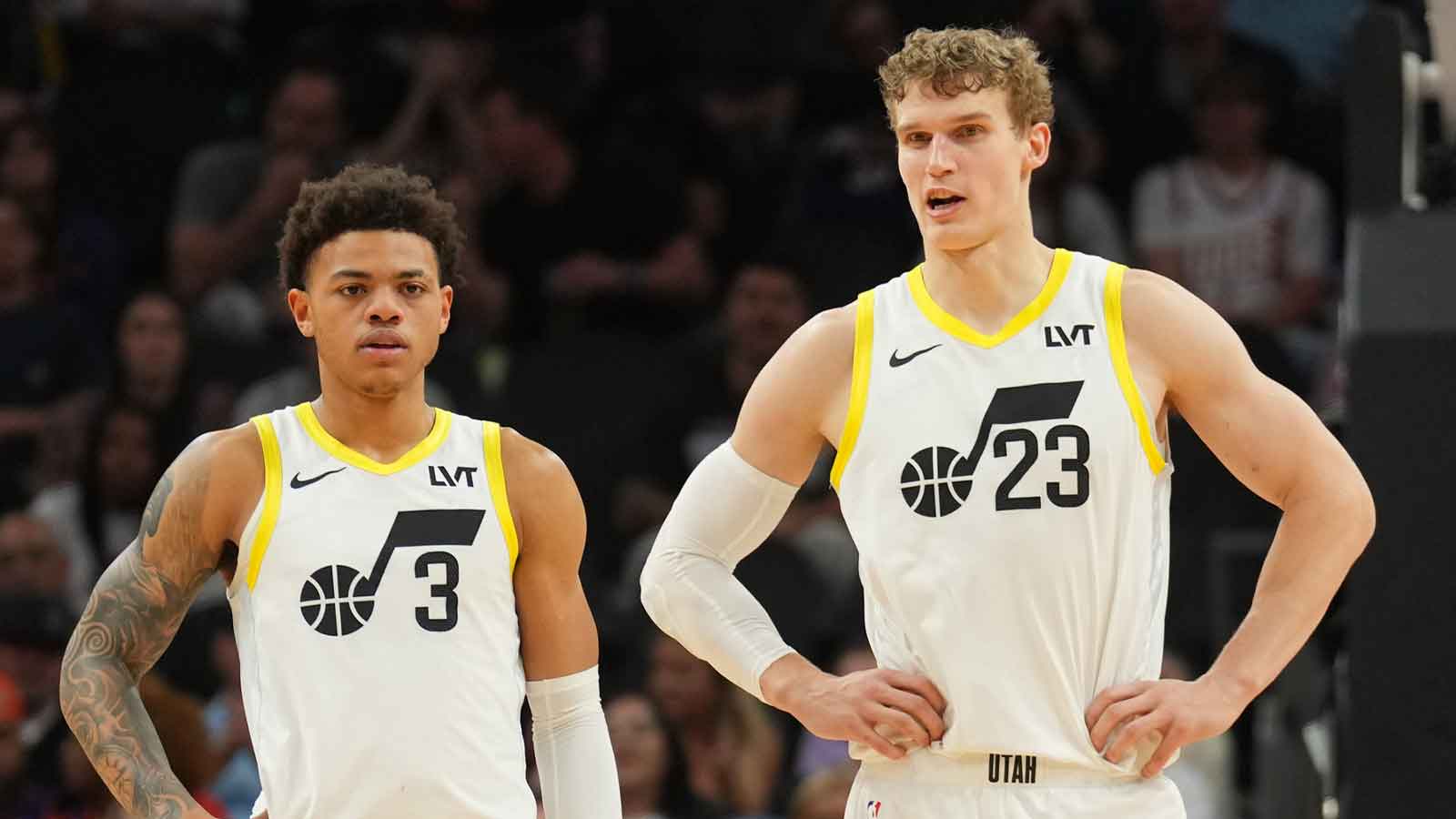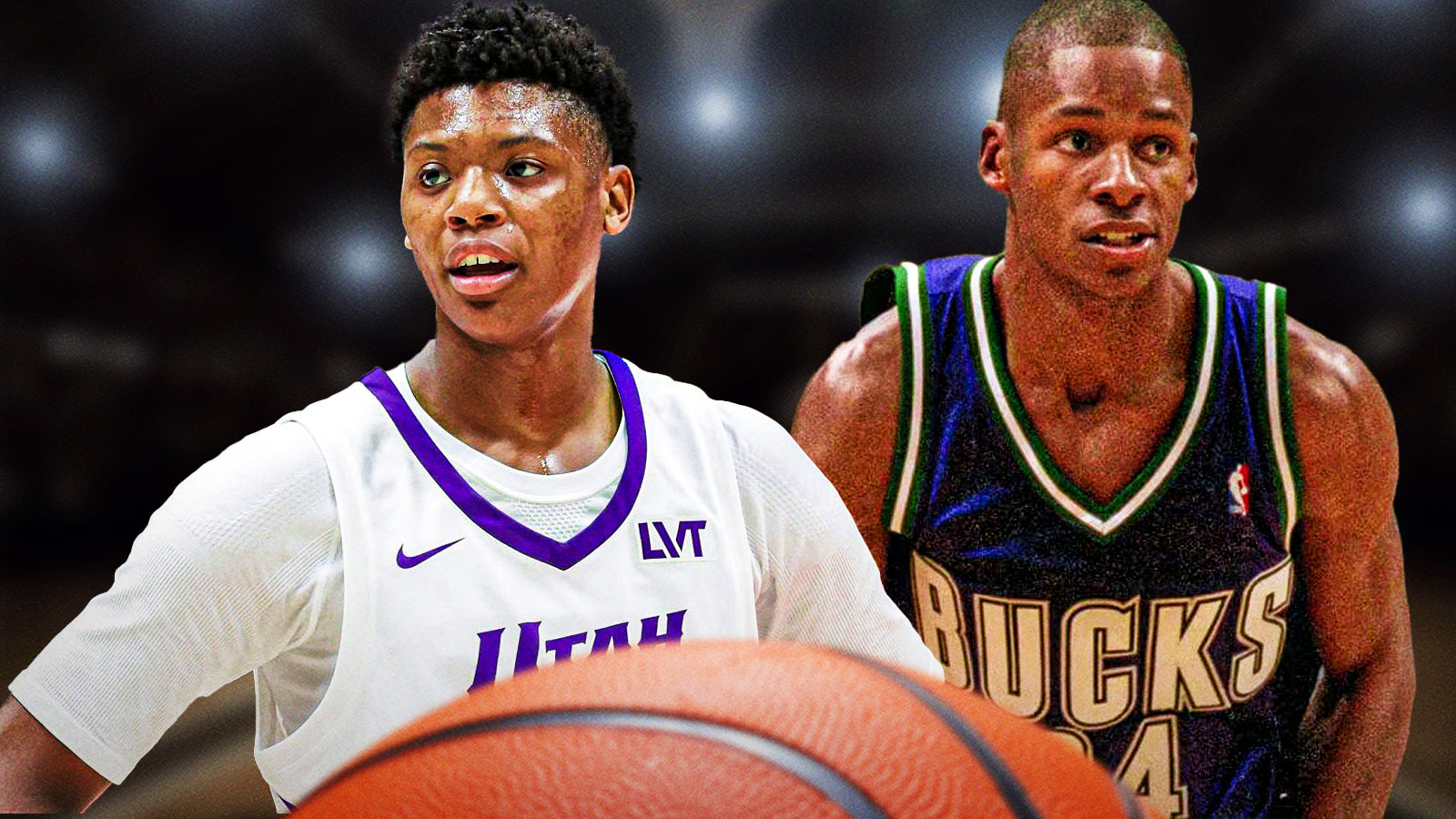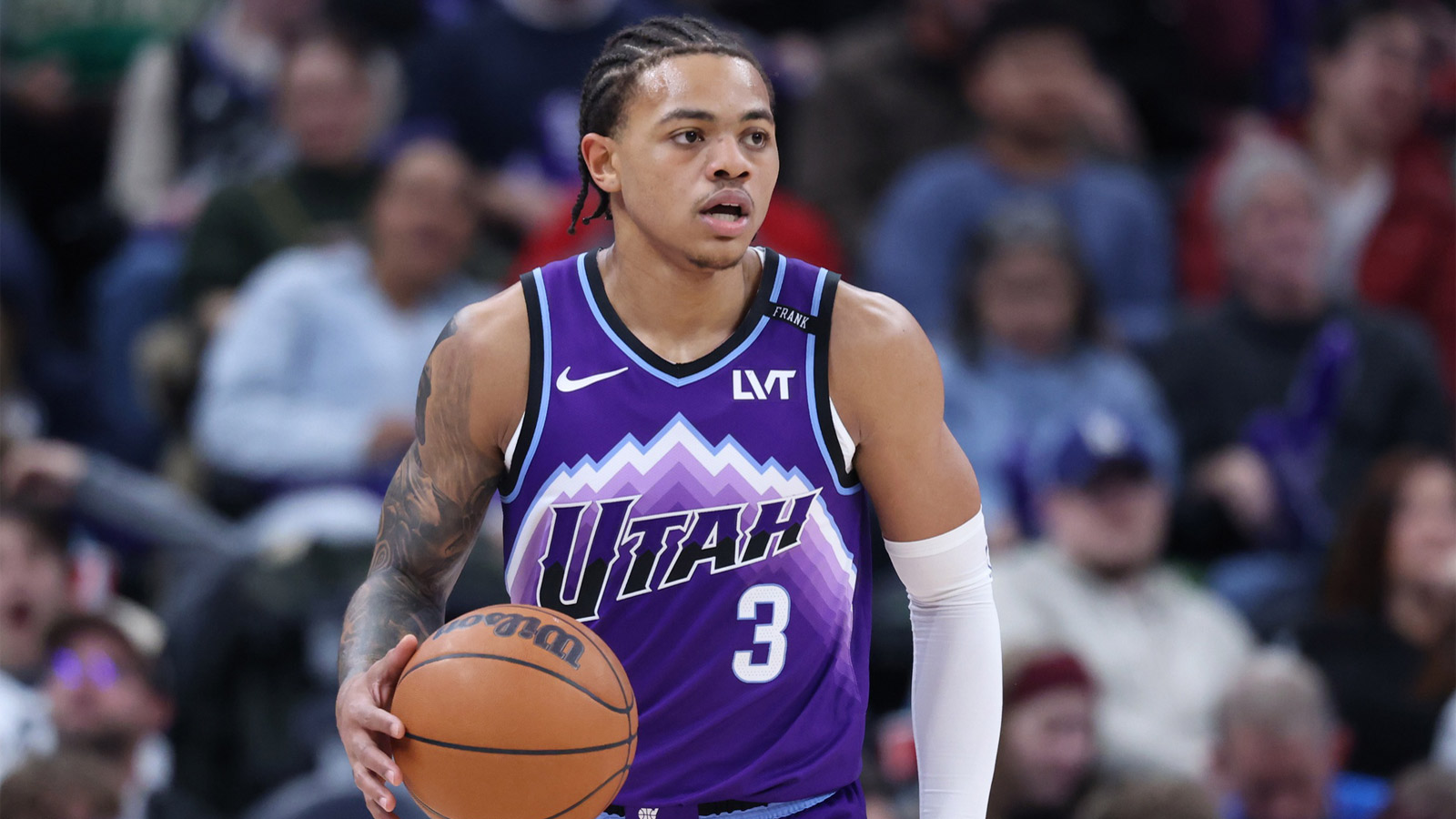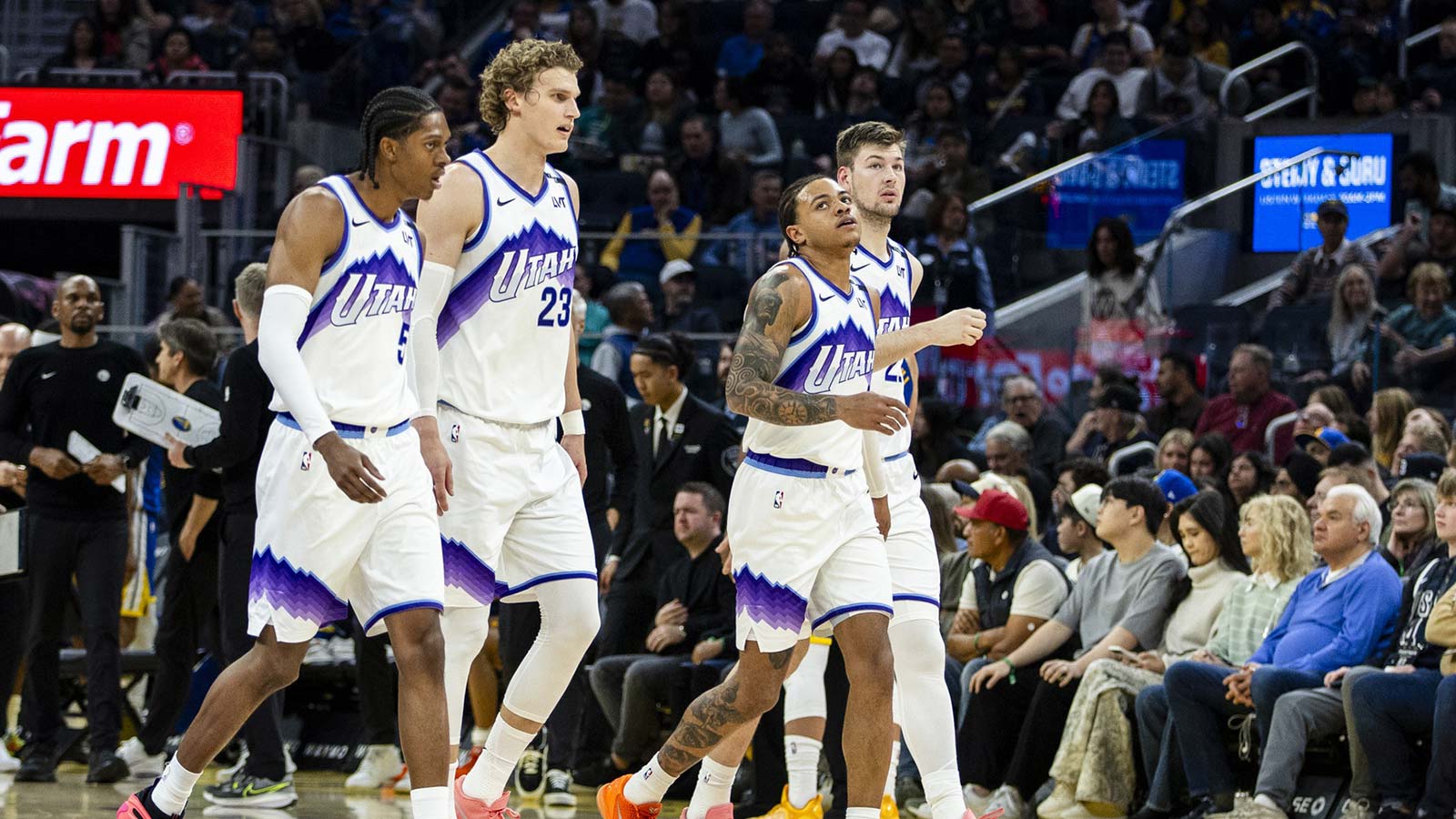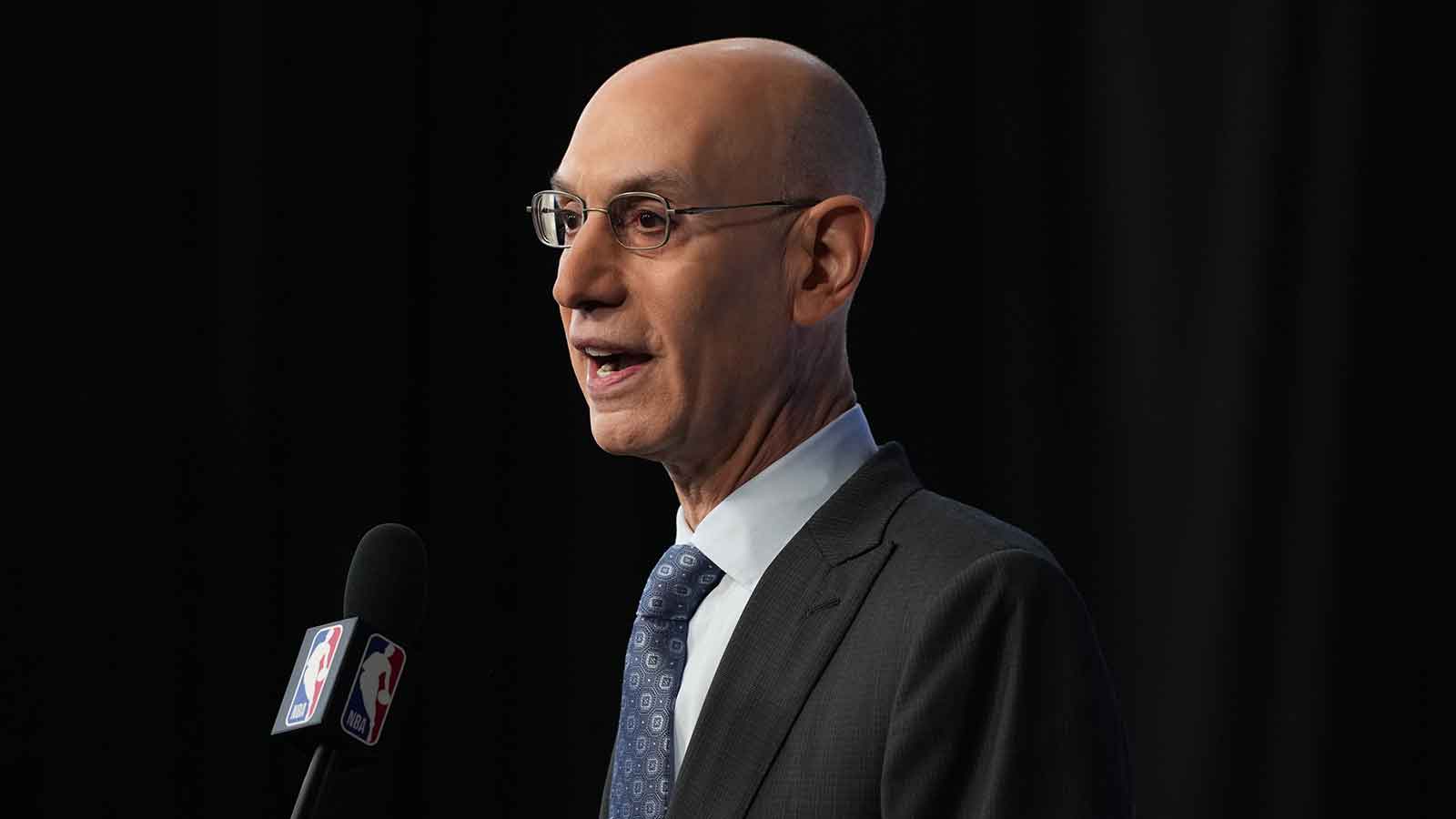With the third pick in the 2011 NBA Draft, the Utah Jazz select… Klay Thompson?
It happens every year in the NBA. A potential superstar falls through the cracks or is not regarded as a system fit for teams picking at the top of the draft.
Instead of selecting Thompson with the third pick after lucking into a top-three choice via the lottery, the Jazz instead picked big man Enes Kanter, a curious selection given that they already had two budding frontcourt stars in forward Paul Millsap and center Al Jefferson. Oh, they had just recently acquired Derrick Favors as well.
But what if we could go back in time and right that wrong? What if the Jazz picked Thompson, who instead fell to No. 11 and changed history with the Golden State Warriors?
Might we be talking about a championship-caliber team in Utah in the middle of the decade?
Thompson's Fit
Thompson would have made more sense for the Jazz. Sure, they had just drafted Gordon Hayward, but they needed wing depth heading into the 2011-12 season. This would become far more evident when DeMarre Carroll would miss 46 games due to injury.
Not to mention, Thompson would have excelled at the shooting guard while giving Utah a more legitimate scorer and rangy defender than Raja Bell.
The Jazz went 36-30 in the lockout-shortened 2011-12 season, and they were swept by the San Antonio Spurs in the first round of the playoffs. Thompson–who averaged 12.5 points in not even 25 minutes per night in his rookie season–would not have led the Jazz to a title in Year 1, but he probably could have added a few more wins and a friendlier seed.
That aside, his skill set would have boded extremely well for a team that eventually came to thrive off of Hayward's playmaking abilities and the beasts in the paint.
Thompson is one of the best off-ball scorers in the game, and he would have made the Jazz a little deadlier in transition with his ability to pull up and convert at an efficient clip.
Butterfly Effect
Utah missed the playoffs in 2013. That summer, they failed to re-sign both Jefferson and Millsap. But if Thompson helps lead the Jazz to the playoffs, does Utah look to extend their two frontcourt stars?
Had they done so, there is every reason to believe that the Jazz could have been a title contender in 2014 and beyond. They would have had the dominant inside presence to compete Western Conference foes such as the San Antonio Spurs and Oklahoma City Thunder, and with Thompson and Hayward on the wings two versatile players that could score and defend at a very high level.
Remember, Thompson was already averaging over 18 points per contest in his third season, and he was an All-Star by 2015.
Part of that success may have stemmed from Golden State's system, but he may have been even better (scary thought) playing alongside Jefferson and Millsap, two of the better passing big men in the league in their day.



